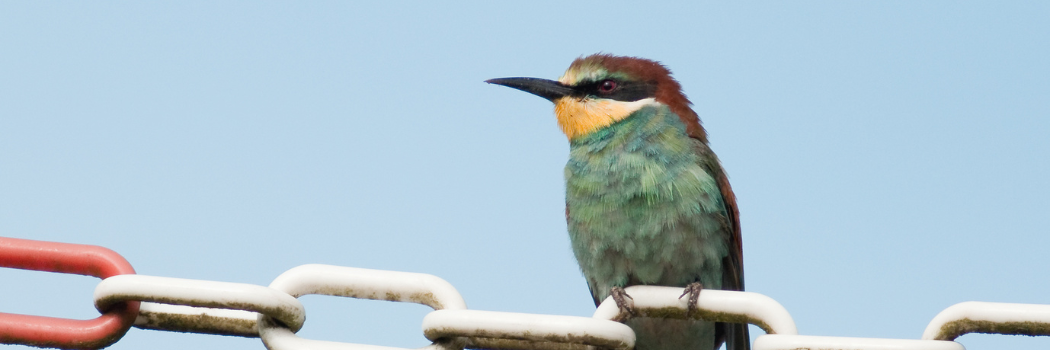Scientists envisage climate change will severely impact bird communities by 2080

Leading ecologists from our Department of Biosciences and Senckenberg Biodiversity and Climate Research Centre in Germany have predicted in their latest research that bird communities will change worldwide in 2080 due to climate change, largely as result of shifting their ranges.
To predict changes in species distributions, the team of scientists related past bird distributions to climate data and then applied these relationships to two future climate scenarios – based on low and medium greenhouse gas emissions.
Phylogenetic diversity
The team looked not only at changes in numbers of species in areas but also at the types of species that would occur. To summarise changes in species types, they calculated something called phylogenetic diversity that summarises how many different types of birds would occur.
For example, a community that had a lot of closely-related species, such as insect-eating songbirds, would have a much lower phylogenetic diversity score than a community that included a mix of more distantly-related species, for example songbirds plus other species such as birds of prey, partridges or gulls.
Global warming on bird diversity
The researchers evaluated data for a total of 8,768 bird species globally to predict how many different lineages could be lost regionally, or added, as species respond to climate change by shifting their distributions.
Although the researchers project species losses to be most common in tropical and subtropical areas, phylogenetic restructuring of species communities is expected to occur around the world.
Examples of bird species that are currently increasing phylogenetic diversity in the UK, probably largely driven by climate change, include bee-eaters, a type of insect-eating bird, black-winged stilts and spoonbills, all of which normally breeds further south in Europe but now occasionally breeds in the UK.
Find out more
- Learn more about the work of Stephen Willis.
- Read the full paper here.
- Check out our Department of Biosciences.
- Interested in studying at Durham? Explore our undergraduate and postgraduate courses.
About our Department of Biosciences
Our Department of Biosciences is a leading centre for this increasingly important are of study and is ranked 6th in The Guardian’s Best UK Universities 2022 league table. Students develop a wide range of analytical and practical skills that prepare them to meet these challenges we face across the globe including food security, sustainability and the impact of climate change
Feeling inspired? Visit our Biosciences webpages to learn more about our postgraduate and undergraduate programmes.

